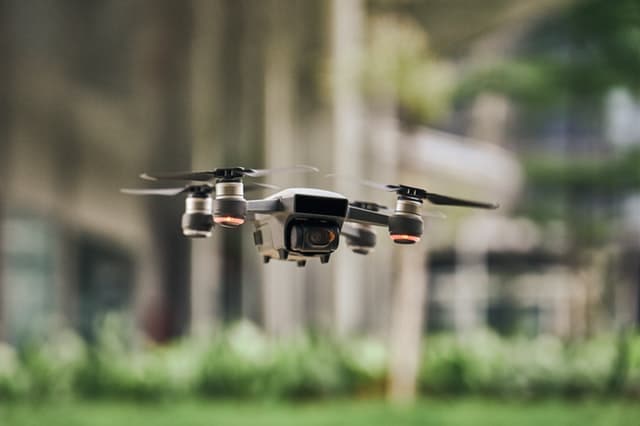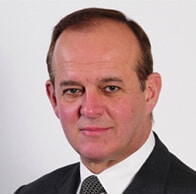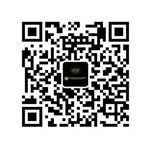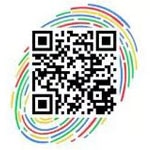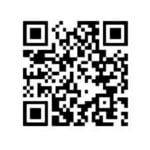As you may know, drones are used in many ways to help people. They are used after natural disasters to find survivors and aid rescue, by police forces, and the military. Executive protection agents can also use drones for something we call a Risk Vulnerability Assessment.
First, let’s discuss drones.
World Protection Group (WPG) and Drones
We are the only executive protection company that uses drones to keep clients safe. Not only that, but we also use drones to support police, fire, and emergency services, including FEMA. Let’s face it, high net worth individuals often have large estate properties that require extensive personnel.
Also, many areas of the property are difficult to protect well. That’s where drones come in. They can go where humans can’t and surveil a large area or a small one much more effectively.
Benefits of Using Drones
Drones offer many benefits for protection agents and companies alike.
Coverage: Drones can cover a large area with an aerial view. They can also fit into spaces that humans can’t, making them much more effective than working with humans alone.
Speed: Drones can be deployed quicker than security personnel. This means that if there is an intruder, it can follow that person quickly.
Discreet: Drones are more discreet than humans and helicopters. They can chase suspects without the suspect having a clue.
Drones and Risk Vulnerability Assessment
The risk and vulnerability assessment identifies potential risks to an individual or corporation. It is an established method for gathering information and using it to make decisions when it comes to executive protection. Its purpose is to manage threats and hazards and collect data on potential risks. Then, the executive protection team puts together an actionable plan to eliminate the threat.
Step 1: Identify Threats & Hazards through pictures and video footage
Step 2: Give Threats and Hazards Context
Step 3: Establish Capability Targets
Step 4: Apply the Results
The Risk Vulnerability Assessment helps to maintain the safety of a high net worth individual, their family, or their business to identify vulnerabilities. This process requires skill and experience from trained executive protection agents that are certified as FAA remote pilots.
How Do We Use Drones?
We use drones for all steps of the Risk Vulnerability Assessment. Drones can quickly identify problems with camera systems, alarm systems, gates, locks, and walls.
Drones are used to surveil an area. They can pinpoint areas of a home or property that are vulnerable to break-ins or other threats. The drones will also have an aerial view of the property, letting us know if there is a break in the gate or areas where intruders may be able to pass through undetected. Once our agents know the property well through drone footage, they can more effectively do their job and better protect the high net worth individuals and their families.
For larger estates, we can use drones indoors to make sure that we gather all of the information about a home. Drones are small enough to go through secret passageways and through areas where humans might not usually be able to go.
Drones are also used when we implement our actional plan. They are used to keep a close watch on the property and scare away any potential suspects. With voice, spotlights, and video capabilities, drones can make sure that no intruder can pass through your gate or vulnerabilities in your security system.
Our drones fly the perimeter of the property from one central command center and send footage back to us in real-time to check for potential security issues or people who are trying to trespass.
Drones can also take video footage, which is beneficial during police investigations. Once we capture a suspect on camera trying to break-in, we contact the police. Once law enforcement arrives, we have a clear, high-quality video to share with them so that they can find the suspect and go about their normal law enforcement procedures to make sure it never happens again.
Not only that, drones can go much further much quicker than human agents. While agents should never leave their clients alone to chase after a suspect to make sure the police can find them, a drone can do this job. Police departments currently use drones to do this. Having an aerial view of the suspect means that they can be caught much more effectively. Drones are fast and fly up to 45 miles an hour.
With our drones, we can support law enforcement agencies so that you are better protected from potential harm, burglary, or robbery.
The Drones We Use
All of our drone pilots are FAA commercial drone pilots. Our drones are each equipped with:
Video Footage Capabilities: Drones can take video footage for us to review later or in real-time. We use this for assessment to see potential threats around a property. The high-quality nature of the drones allows us to see much more clearly than a surveillance camera.
Voice Box: With a voice box, we can communicate with possible intruders. If we see someone on the property, we can let them know that they have been seen and alert them that the police are on the way.
Thermal Imaging Camera: Thermal imaging is ideal for nighttime. It allows us to see intruders hiding in the bushes or behind objects easily. These cameras work by picking up body heat.
360-Degree View: Our drone cameras have superior coverage with a 360-degree view that allows us to follow suspects without being detected.
Spotlight: With a spotlight, our drones can help us search in the dark easily to find suspects. This spotlight feature can also scare away potential trespassers. Even though we prefer to have drones remain discreet, they can be effective at getting rid of those who may wish to do you harm when they make their presence known.


